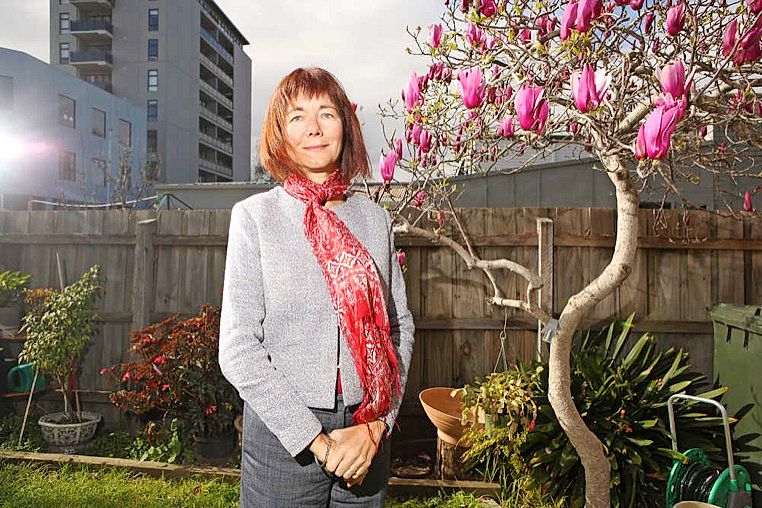While domestic violence has been in the headlines, its prevention should be, too.
Eight out of 10 Australian women aged 18 to 24 have been harassed on the street.
One woman a week, on average, is killed by a current or former partner.
And one in three women have been or will be victims of domestic violence.
These heart-wrenching statistics are the brutal reality of domestic violence in Australia.
There is a lot of excellent work being done across Melbourne’s west to provide support to women who have experienced domestic violence. Less often heard about is the work being done to prevent it.

Women’s Health West is one of only a few organisations that aim to prevent violence against women before it occurs.
WHW chief executive Robyn Gregory says there should be more focus on the prevention of domestic violence. She says that there is a range of research that shows violence is preventable.
Changing the “unequal power relations” that cause men to perpetrate violence against women, and changing the social structures that excuse such behaviour, are essential, she says.
“In countries that have higher gender equity, there are also lower rates of violence against women,” Dr Gregory says.
“We know that gender inequity is the key driver of violence against women, so our programs and services aim to increase gender equity and justice for women in Melbourne’s western region.”
The gender pay gap, the fact that women undertake more unpaid domestic labour and the lack of women in leadership positions – addressing such issues, and therefore improving equity between men and women, can all contribute to preventing one of our time’s greatest scourges, Dr Gregory says.

She says there are also “practical actions” everyone can undertake to play their part – such as paying attention to women’s voices, reflecting on the division of household labour, encouraging respectful, equal relationships among your children, friends and colleagues.
“Small actions like these can make a big difference in preventing violence,” Dr Gregory says.
“Preventing violence against women is everyone’s business … we should do everything in our power to end violence, and to change the circumstances under which violence against women occurs.”
According to Dr Gregory, factors that consistently predict higher rates than usual of violence against women include condoning or excusing violence against women, limiting women’s independence and subscribing to rigid gender roles and stereotyped constructions of masculinity and femininity.
What can be done to address these factors? World Health Organisation research has identified four “actions” that can help prevent violence against women, including:
•Challenging the attitudes, norms and structures that justify, excuse or condone violence against women.
•Creating “equal access” to power and resources between men and women is vital, especially through programs that support women’s economic and financial independence.
•Challenging gender stereotypes and gender roles. Men who have “traditional, rigid and hierarchical” views about gender roles are more likely to perpetrate violence against women. Gender stereotypes must be challenged through initiatives such as introducing baby change tables in men’s public toilets.
•Positive, equal and respectful relationships between women and men, boys and girls, must be promoted.

WHW is one of 18 local organisations and councils that are part of the Preventing Violence Together partnership. The partnership has developed a Western Region Action Plan to Prevent Violence Against Women, which recognises that “it’s not possible to end violence against women with disparate initiatives, short-term funding and one-off projects”.
Dr Gregory, who says her staff witness the debilitating effects of domestic violence on a daily basis, maintains it’s imperative organisations and individuals work together.
“As the lead agency for the Preventing Violence Together partnership, WHW shares the vision of communities, cultures and organisations in Melbourne’s west that are non-violent, non-discriminatory and gender equitable, and that promote respectful relationships,” she says.
To find out more about what you can do to help prevent violence against women, or for more information, visit whwest.org.au.









